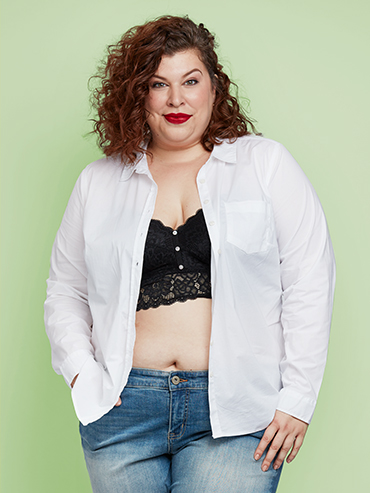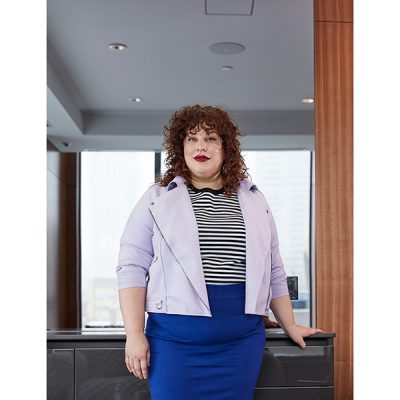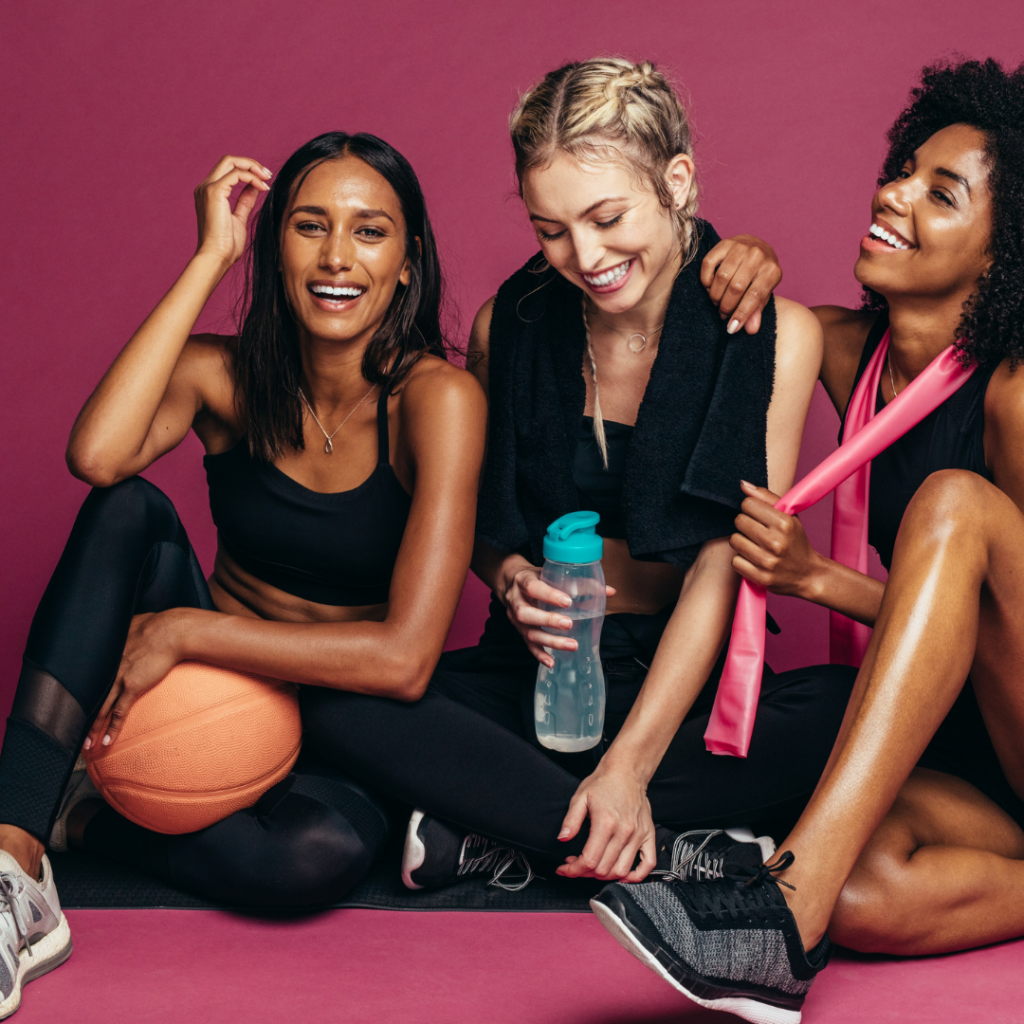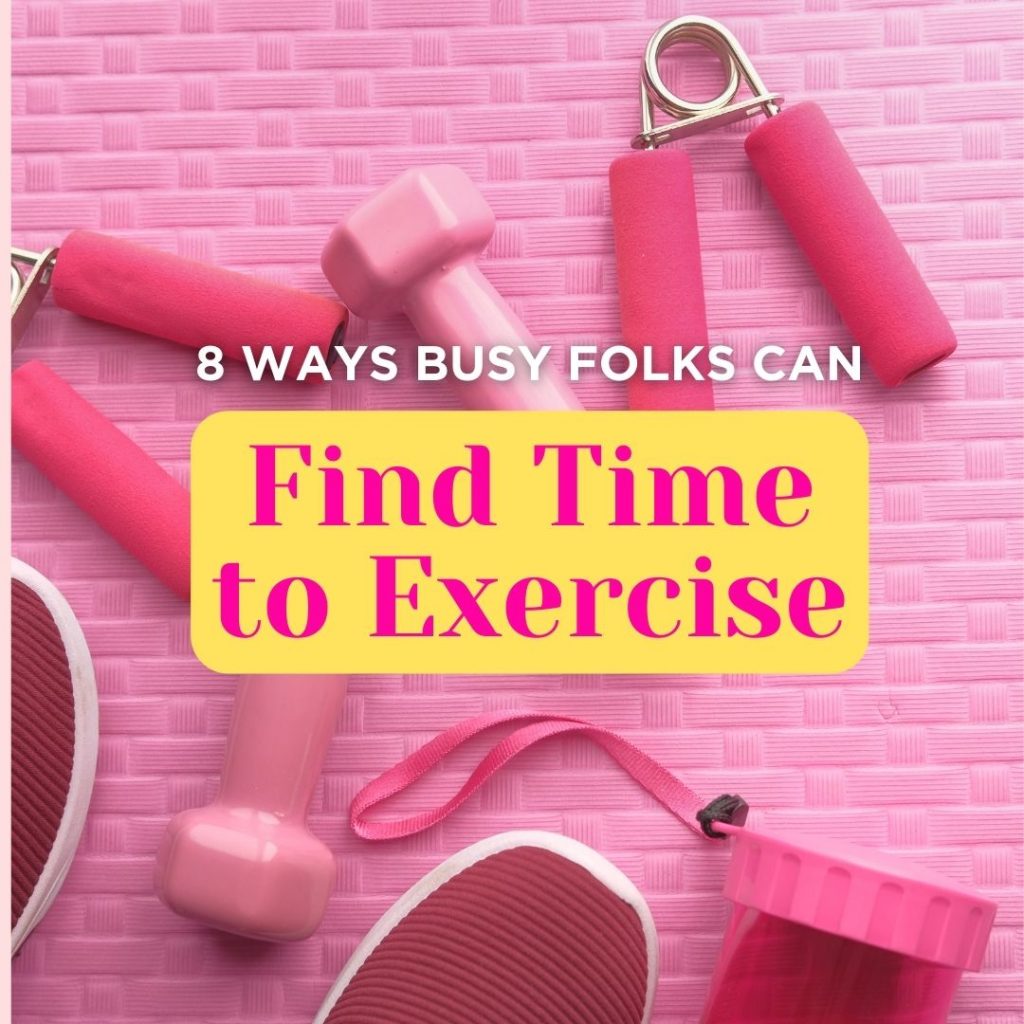Thin is a hot button word and privilege is a super hot button word. It’s not at all my goal to place blame on individuals or to shame anyone, or embarrass anyone.
 Privilege is defined as “a special right, advantage, or immunity granted or available only to a particular person or group of people.”
Privilege is defined as “a special right, advantage, or immunity granted or available only to a particular person or group of people.”
When this definition is applied to thin bodies (i.e. thin privilege) it means that individuals who move through the world in a thin body are granted certain advantages over people who are not thin, or people who would be considered overweight or fat.
Having privilege isn’t placing blame on someone—it describes a systematic issue where some folks inherently have more privilege in life than others. It’s about recognizing where systematic prejudices lie so that we can work together to change the system itself.
None of this means that everyone in the world doesn’t experience hardships. I am mostly able-bodied and have way more privilege than someone in a wheelchair—but that doesn’t mean I didn’t go through hell with my hip replacement surgery. I am a cisgender white woman, and I have way more privilege than those who are trans or people of colour—and I have also struggled with depression.
Someone who’s thin may be teased, or may be told they’ve had an easy time in life when in fact they’ve struggled with an eating disorder or other medical issue.
Confronting our privilege, though, means that we need to take a step back and look at the larger societal picture. We also have to understand that owning our privilege doesn’t make us bad people.
The reality is, the world has been built to accommodate thin bodies. We are told by nearly every facet of society that the thinner, whiter, prettier we are, the more desirable we are.
This is why it is so incredibly important to recognize that thin privilege exists, so that we can do better to lift up the voices of those who aren’t being listened to–particularly when it comes to overweight queer folks and woman of colour.
I only became aware of thin privilege recently myself, as the body positive community is growing and with growth comes challenges and important discussions—we have to examine the way we’re looking at bodies across the board.
For example, white folks face far less prejudice from law enforcement than people of colour; able-bodied folks are consistently centred in media and we rarely see disabled bodies celebrated; cisgendered people (those of us who identify with the sex we were assigned at birth) have huge amounts of privilege over transgender people.
My privilege means that I have a leg up on most folks in life. Because of all of the privileges I inherently have, I’ve been given a head start compared so many people. So part of my own growth and understanding and empathy for others means I need to recognize these privileges I possess and use my own platform to boost the voices of those who are consistently marginalized.
When we talk about what thin privilege looks like on the day-to-day basis, there are a few areas we can look at.
Fat folks have to deal with biases from the medical community, when it comes to employment opportunities, dating, etc.
Thin privilege appears in the following ways:
Hospitals rarely make considerations for overweight patients (oversized MRI machines, beds, etc.); I once had a massage where I pulled muscles from holding myself onto the table because it wasn’t wide enough.
Fat bodies are made fun of in nearly every single medium–not just in the media, on TV and in movies and ads, where fat people are the butt of the joke or the “before” photo; also in the way people feel comfortable with staring, point, laugh.
Let’s talk about Fat Monica on Friends (fair, an outdated show); or the recent Netflix series Insatiable where a girl loses weight (through having her jaw wired shut) and suddenly gets all of the attention for her “new body.”
These kinds of images perpetuate stereotypes and contribute to fatphobia in all areas.
These are facts:
- You’re far more likely to be overlooked for a job if you’re overweight.
- Fat people or overweight people earn less money
- Doctors consistently attribute poor health to being overweight, even in cases where people are later diagnosed with terminal illnesses such as cancer; data shows that morbidly obese women are often under-screened for cervical and colorectal cancer.
- I once went to the doctor with a cough and left with a new weight loss app installed in my phone.
These are all SHARED EXPERIENCES of fat people.
In an obituary for an obituary published for Ellen Maud Bennett, a 64-year-old B.C. woman who died of cancer last year, asked her family to call out fat-shaming in the medical community.
“Over the past few years of feeling unwell she sought out medical intervention and no one offered any support or suggestions beyond weight loss,” her obituary read. “Ellen’s dying wish was that women of size make her death matter by advocating strongly for their health and not accepting that fat is the only relevant health issue.”
Again, the goal is not to cause feelings of shame over anyone’s body. It’s about confronting systemic issues; in this case, the perpetuation of the ideal of the thin, European body as the female standard. And we’re just doing our best to break that down.
Lora, we love YOU.
She is clearly a Badass Babe.
You should connect with her ;)
Follow Lora on Instagram HERE
Check out our Episode on That Badass Podcast with Lora on Thin Privilege HERE





